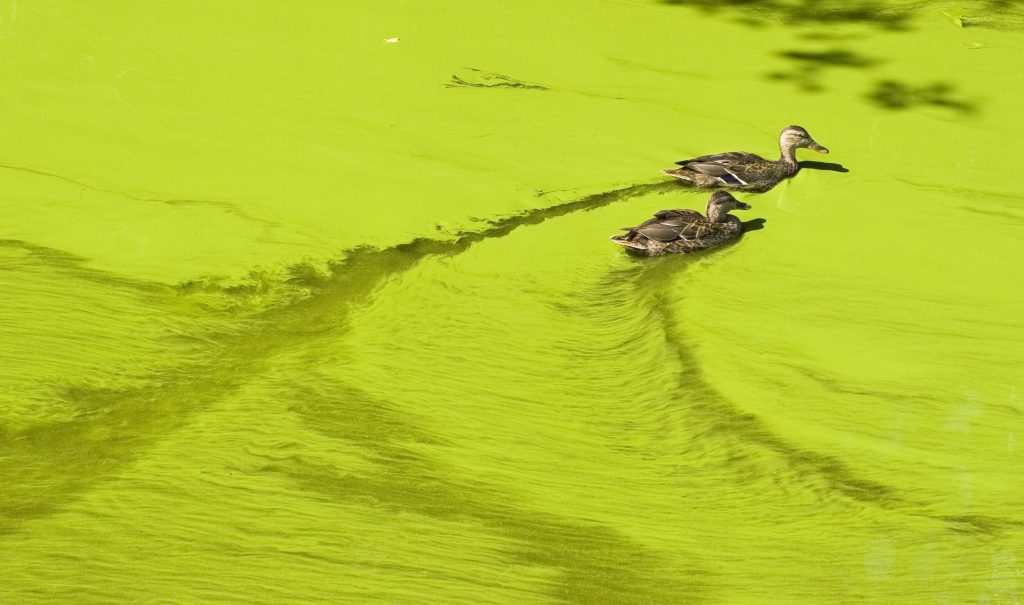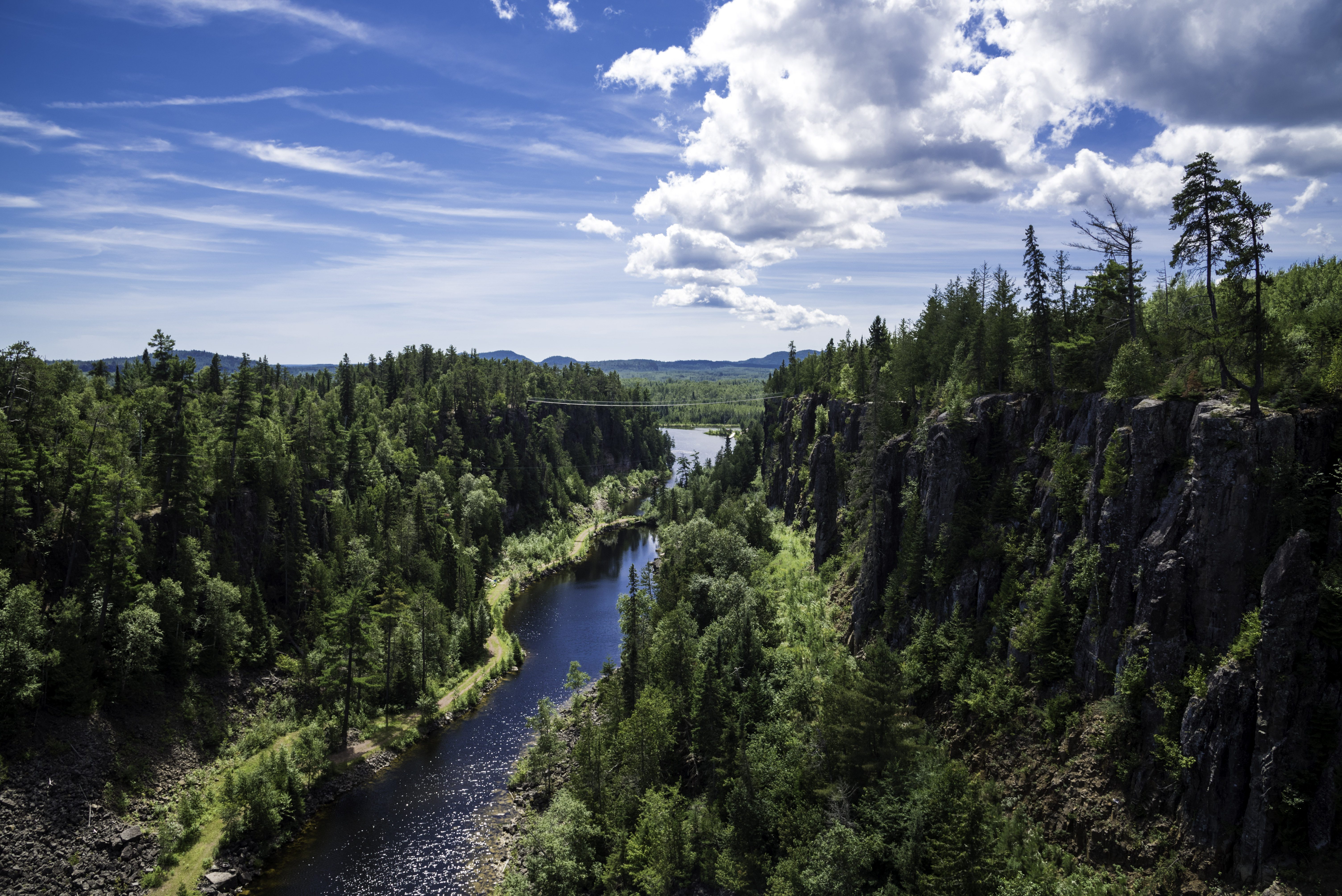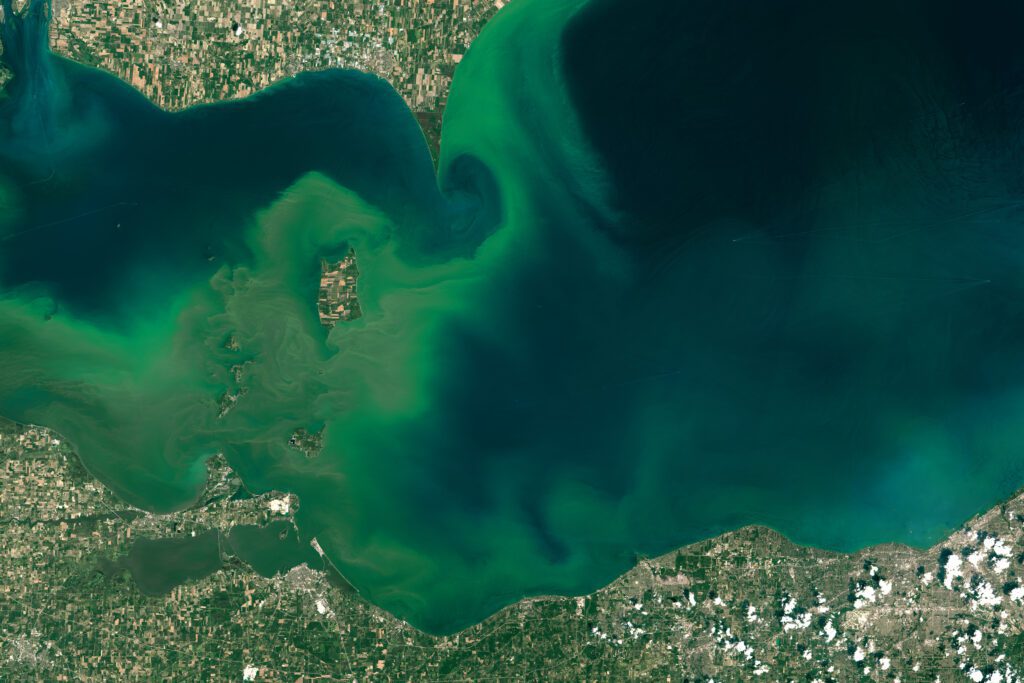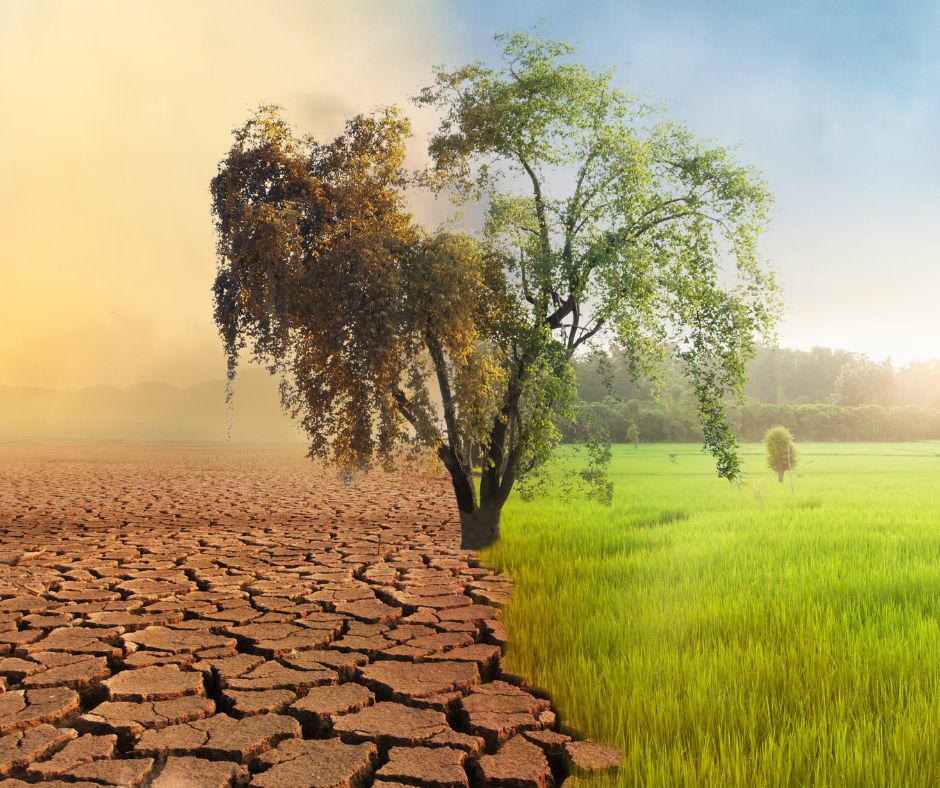Another week, another blow to Ontario’s environmental protections. Last week, during the fall economic statement, finance minister Vic Fedeli announced a new “cost-saving” measure: the Environmental Commissioner of Ontario (ECO), the province’s independent environmental watchdog, would be merged into the auditor general’s office. Ontario has yet to release any details on how this would cut costs.
This is a big deal. The move has the potential to severely impact accountability on environmental issues in Ontario. The Commissioner, Dianne Saxe, and her office have been vocal critics on issues such as scrapping cap-and-trade, and more recently on lack of protections for freshwater in the province.
The functions of the Commissioner’s office will be rolled in with those of the Auditor General. The fate of the commissioner herself, and Dianne Saxe, remains unclear. But what is clear is that the office of the Environmental Commissioner will lose its independence. Instead of remaining an independent officer of the Legislature, the ECO will become an employee of the Auditor General.
We support the need for a truly independent environmental watchdog. If you do too, take action and sign this petition to reinstate her office.


Who is the Environmental Commissioner and what does she do?
The Environmental Commissioner has been around for almost a quarter of a century. The office was established in 1994 to uphold the Environmental Bill of Rights (EBR). Governments of all political persuasions have come and gone, and the Commissioner’s role has stayed the same – to review and report on environmental issues in Ontario, and call governments out when they are failing to protect our natural environment or follow the Environmental Bill of Rights.
Through the EBR, all Ontarians have the legal right to be involved in decisions that affect the environment. We can ask the government to review laws, to investigate their harm to the environment and to comment on government proposals. The Commissioner played a crucial role in making sure the provincial government followed the rules in the EBR, and that Ontarian’s environmental rights were protected.
The ECO’s office was also responsible for putting out regular reports on subjects ranging from government compliance with environmental rights, to climate change and energy conservation, to the state of Ontario’s freshwater.
The Environmental Commissioner’s report on the state of our freshwater was not so rosy
Now we are left asking whether the most recent report released last week will be the ECO’s last. “Back-to-Basics” evaluated four key areas: compliance with the EBR, clean water, wilderness and wildlife, and wetlands and forests. The ECO was especially critical of Ontario’s lack of action in keeping our lakes and rivers clean.
The report pointed to the following environmental issues plaguing Ontario’s waters:
- Raw sewage is entering Ontario waterways at an alarming rate
In 2017-2018, raw sewage was dumped into the water 1,327 times. Combined sewers (outdated wastewater systems) were the culprit. Most municipalities have gotten their sewage act together, but 44 cities are lagging behind, with major consequences to the nearby waters. The ECO report called for the Ministry of Environment, Conservation and Parks to bring those 44 delinquent municipalities up to par, and preventing combined overflows of sewage into our waters.
- Road salt is contaminating our lakes and rivers, turning them too salty for the tastes of many freshwater species
The ECO report drew attention to the massive amount of salt ending up in our waterways. In some parts of the province, temporary spikes in chloride (salt) can go as high as ocean levels! The ECO recommended reducing salting by 25 per cent and creating a mandatory certification for commercial salt-appliers to make sure they’re doing it effectively.
- Harmful algae blooms continue to threaten lakes across the province
Algae causing phosphorus is wreaking havoc all over Ontario’s lakes. The report calls for an all-out ban on “winter spreading”. Spreading manure on fields late in the winter has damaging consequences. The manure sits above the frozen ground, and washes quickly with rainwater into lakes in rivers, causing a spike in phosphorus.


The Environmental Commissioner’s report on the state of climate change action was even less rosy
The ECO’s recent annual report on Ontario’s climate action progress openly criticized the government’s move to scrap cap-and-trade. The detailed report pointed to a long list of cancelled climate action programs which were working in Ontario, and outlined concerns about scrapping them with no replacements in place.
Dr. Saxe also provided detailed suggestions for climate change policies and programs Ontario could implement at the lowest possible cost to taxpayers, and called on the government to step up and take leadership.
In the press release for the climate action progress report, Dr Saxe said; “Ontarians tell me they are ready to act on climate change, but the government needs to lead. Our window for action is closing – soon it will be too late.”
Without the reliable and independent ECO reports, many of us wouldn’t know about Ontario’s progress and track record on climate change and environmental protections. This is yet another example of why the Commissioner’s role is so important. Unfortunately, “Back-to-Basics” may be the last ECO report we will ever get, as the Ontario government significantly altered the watchdog’s position only 48 hours after the report was released.
What next for the Environmental Commissioner?
Without the Commissioner serving as an independent officer of the Legislature, it’s easy to image that environmental oversight will fall through the cracks. The reality is that we’re heading into uncertain times in Ontario when it comes to the environment.
As the ECO dissolves into the Auditor General’s office, the watchdog has officially been kenneled, and it’s now more important than ever to stay engaged, informed, and take action to protect our environment.
Take action here to demonstrate your support for the Commissioner’s role in our democracy, and follow Environmental Defence on Twitter, Facebook and Instagram to find out more about our efforts to protect Ontario’s freshwater.







